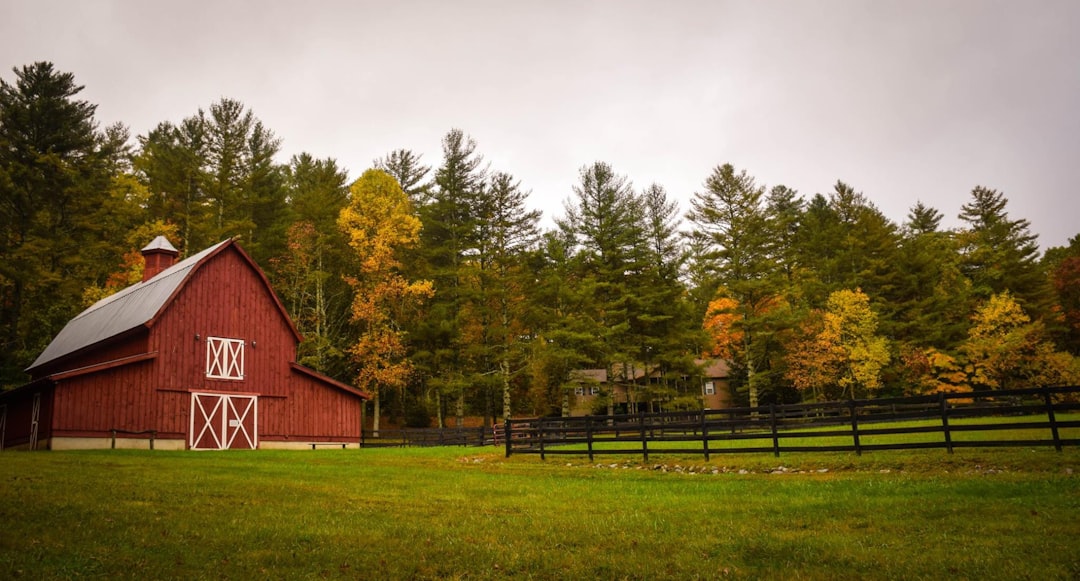Wendell Berry Reading Group No. 5 - The Future of Agriculture
What is Berry's vision for agriculture in the future? One that is locally adapted and anti-industrial.

Welcome to the fifth Wendell Berry Reading Group. We are making our way through essays from The World Ending Fire and this time we are looking again at a short and provocative essay ‘The Future of Agriculture’. For new subscribers, you can find the previous WBRGs in the links below. These posts are for paid subscribers (but I give everyone a free preview of the first few questions). If you would like to subscribe to access all these posts, you can do so here (and if you are financially pressed at this time of economic uncertainty you can find a discount link on the Wendell Berry Reading Group tab on my homepage):
For the first time, I am experimenting with adding some of my own thoughts to some of the questions as footnotes. I will in time go back to previous WBRG posts and add footnoted reflections to them too as a means of adding value to the posts.
Essay summary
The considering what the future of agriculture should be is always a pertinent question to think though, but even more so in our current times. We are at a critical juncture. Differing voices are clamouring for agriculture’s future, some argue “get big or get out”, others “make way for the machine”, while others want to do away with agriculture entirely - moving the food system towards precision fermentation and allowing farm lands to be abandoned back to the wild. Amongst all these voices and opinions, Wendell Berry strikes a different chord. While all these voices are advocating for ‘progress’, modernisation, and moving forward, Berry states the future of agriculture should be a return, a looking back to the wise, locally-adapted practices of our forefathers and a commitment to reversing the trends and pressures of industrialism in agriculture. This, Berry argues, is the only sustainable and sane future for agriculture and he outlines a seven point vision to guide us through his “radical” vision.
This essay is relatively late in Berry’s corpus (written in 2011). The agricultural realities that Berry is considering will, therefore, be fairly similar to our own.
Guided questions and reflections
(These questions (split into sub-questions) are for you either to work through systematically or for you to pick and choose which questions to focus on)
“Our fundamental problem is world destruction, caused by an irreconcilable contradiction between the natural world and the engineered world of industrialism.” a) Do you agree with Berry that this is our fundamental problem in agricultural landscapes? b) How might a corporate agriculturalist answer this question differently? c) What aspects of industrialism make it irreconcilable with the natural world and hence, when introduced into natural environments will inevitably cause “world destruction”?1
Many argue the ecological damages we have caused can be reversed, healed, and prevented by economic means and mechanisms. A contemporary mechanism that operates from this understanding is valuing nature according to its ‘natural capital asset’ value or its ecosystem service value (activities nature does for human society for free which would otherwise have to be done artificially, e.g. flood control, pollination, pest control). a) Do you agree that this is a valid way of considering nature? b) What issues might arise from the commodification of nature?2
Keep reading with a 7-day free trial
Subscribe to Over the Field to keep reading this post and get 7 days of free access to the full post archives.



